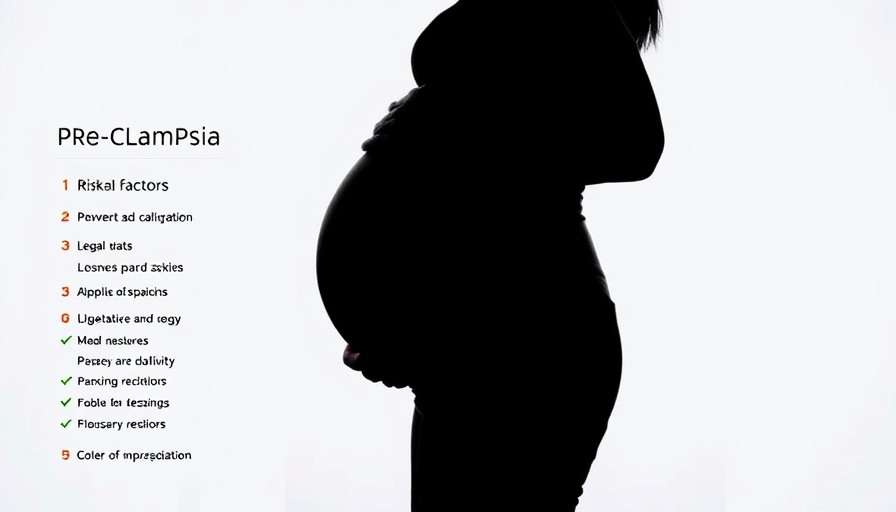
The Curious Case of the Nicotine-Free Generation
What if the decision to smoke or vape was made for you before you could even take a breath? In Brookline, Massachusetts, this is now a reality. Residents born after January 1, 2000, find themselves caught in a historic shift as officials roll out a 'Nicotine-Free Generation' policy. This legislation, which effectively divides the adult population into two distinct groups based on birth year, serves as a bold attack on the nicotine epidemic.
Breaking Down a Revolutionary Law
The town of Brookline was the first to adopt this life-altering policy in 2021, significantly impacting the availability of tobacco and e-cigarette products. Those born after the cutoff date will never be allowed to purchase these items, no matter their age. "We want to continue to build on what’s been done before," says State Senator Jason Lewis. The policy is not only innovative but also controversial, igniting debates on freedom and individual rights.
Reactions from the Community
While proponents argue this policy helps safeguard future generations from the grasp of nicotine addiction, critics label it as government overreach. Groups like Cambridge Citizens for Smokers' Rights express concerns regarding personal liberties, arguing that individuals should have the right to make their own choices regarding nicotine use.
The Wider Implications of a Nicotine-Free Massachusetts
In the wake of Brookline's success, other towns are exploring similar measures, suggesting this trend could redefine tobacco legislation across Massachusetts. However, dissenting voices from municipalities like Worcester indicate that not all areas agree with this radical restructuring of public policy.
What Lies Ahead?
The future of nicotine sales in Massachusetts hangs in the balance as more towns consider adopting or rejecting these policies. The direction this legislation takes could influence public health initiatives across the country, serving as an emerging model for tobacco control. As Brookline shows us, the quest for a nicotine-free generation could usher in both freedom and restriction, pushing the conversation surrounding public health policies into the national spotlight.
 Add Row
Add Row  Add
Add 




Write A Comment